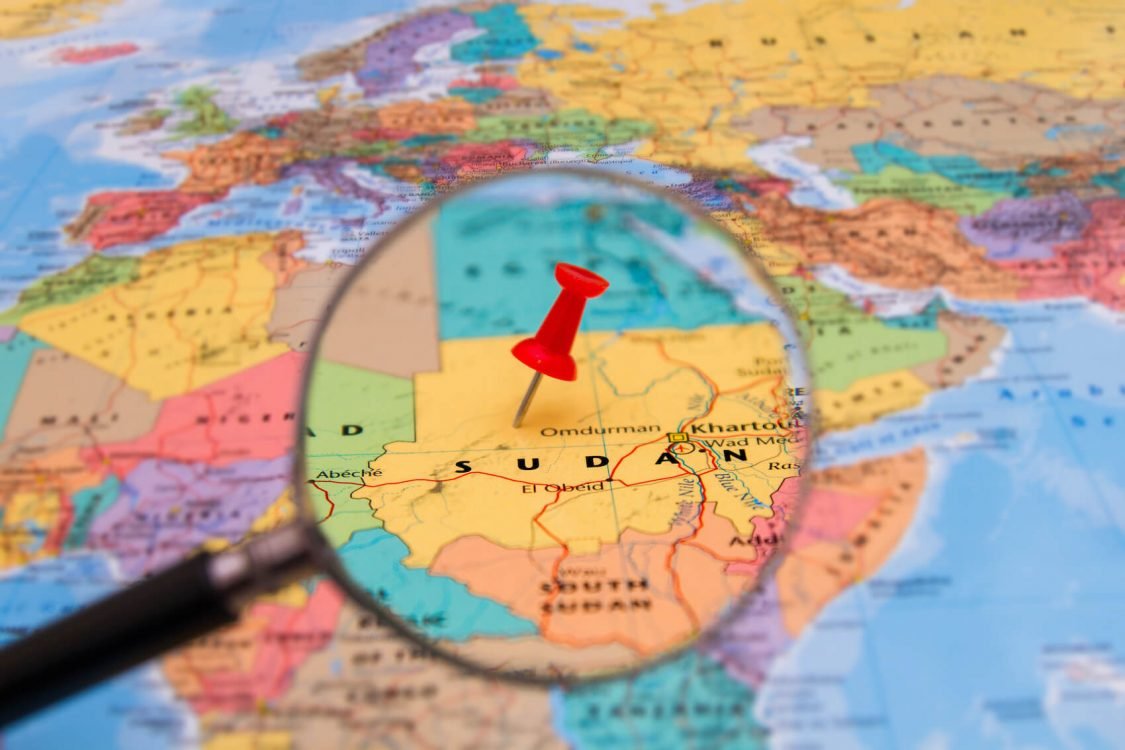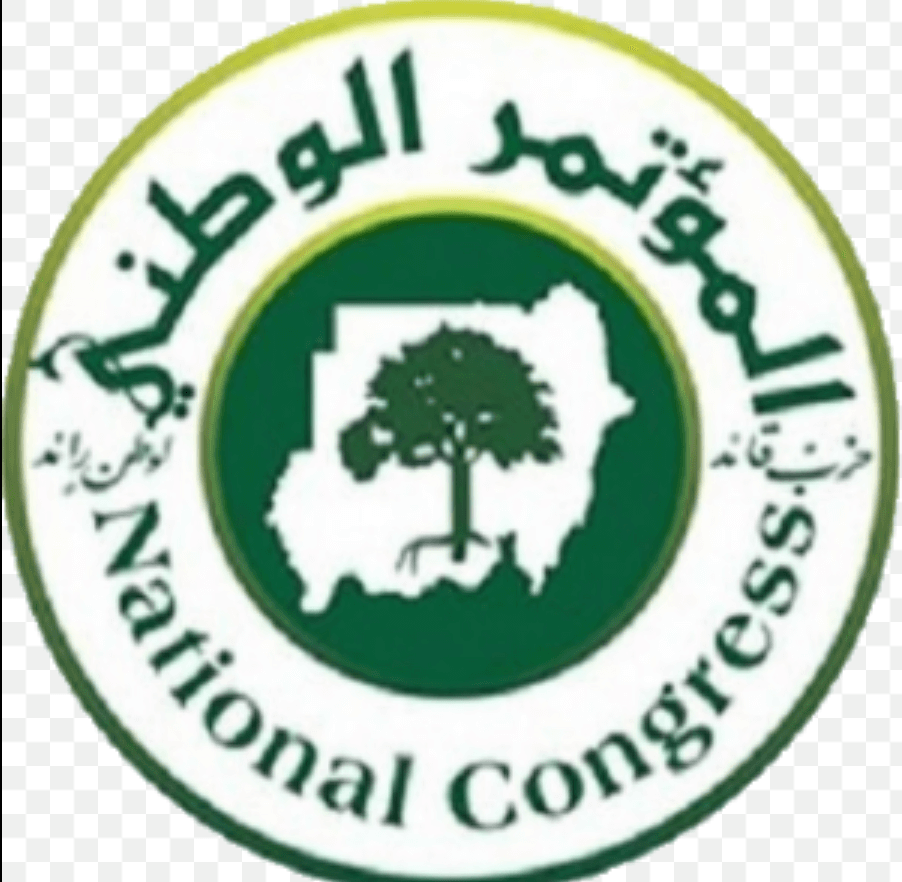Sudan

Sudan is ruled by a military regime led by General Abdel Fattah al-Burhan. Al-Burhan has maintained the country’s chronically centralized oppressive police state. While there are several political parties in the country, they are widely considered ineffective and lack any real chance of gaining political influence.
Located in Northeast Africa, Sudan, officially the Republic of the Sudan, is Africa’s third-largest country by area. It is widely known for its political factionalism and intercommunal violence as well as unpredictable, and potentially dangerous, security conditions (Freedom House, 2021). Throughout the first half of the 20th century, territories that today fall within the borders of modern-day Sudan and South Sudan were ruled through a dual colonial government known as the Anglo-Egyptian Condominium (Warburg, 1993). Sudan was a de facto British colony from 1898 to 1965, though Egyptian authorities were also allowed limited local power and influence over the territory. During this colonial period, as part of the notorious British divide and rule policy, Sudan was in practical terms separated into two parts: the north where the predominantly Muslim and Arabic-speaking population lived; and the south where multi-religious, multi-ethnic, and multilingual communities existed (Searcy, 2019). Following independence in 1965, Sudan entered a new era of governance and was named The Republic of the Sudan. The country was dominated by factionalism, corruption, and political instability. For the next ten years, the Sudanese had at least six short-lived governments that ended up either resigning or deposed.
A military coup in 1969 marked the beginning of a politically stable era in Sudan, with Colonel Jaafar Nimeiry becoming prime minister and The Sudanese Socialist Union (SSU) registering as the sole legal party in the country. Until he was deposed in another military coup in 1985, Nimeiry ruled Sudan through totalitarian means and methods. His regime was mainly characterized by a series of much-debated socialist and Pan-Arabic reforms. Among his most popular economic reforms were the nationalization of the country’s banks and major industries as well as a number of agrarian reforms. Following Nimeiry’s declaration of an Islamic state under Sharia law in 1983—a declaration that included the non-Muslim majority in the south—Sudan fell into another civil war, which eventually ended up being one of the longest and most destructive civil wars in history (Leach, 2012).
In the 1996 general election, the first election since 1986, Omar al-Bashir was announced as the next president, having reportedly won some 75 percent of total votes. His election to the highest office in the country marked the beginning of another politically stable but oppressive era. Al-Bashir claimed absolute victory in the next three elections as well, in 2005, 2010, and finally 2015, keeping his seat for a total of 29 years and 208 days. He was eventually forced out of power in a military coup in 2019.
Al-Bashir’s notoriously long reign was characterized by continuous warfare, widespread state-sponsored violence, and the threat of torture in infamous “ghost houses” (Elbagir, 2019). He carried out an ethnic cleansing against Darfur’s non-Arabs, murdering hundreds of thousands of civilians. In 2009, he was indicted by the International Criminal Court (ICC) on five counts of crimes against humanity: murder, extermination, forcible transfer, torture, and rape; and two counts of war crimes: intentionally directing attacks against a civilian population (ICC, 2009). Restricting almost all political rights and civil liberties in the country, he enforced a strict Islamic legal code, controlling everyday life with loyal gangs of “morality police” (Elbagir, 2019).
Thanks to oil revenues and partial economic support from several major powers such as Russia and China (Human Rights Watch, 2011), Al-Bashir maintained his grip on power without much need either for good governance or populist reforms that appealed to the will of the common people. For decades, his regime did not put forth any palpable populist economic social program to promote the interests of common citizens. No major social programs were introduced to deal with an array of needs including but not limited to poverty, homelessness, and unemployment. In 2018, some seven million people were in need of immediate humanitarian assistance, and 5.5 million others experienced food insecurity and were in danger of starvation (The Borgen Project, 2018).
In addition to warfare, Al-Bashir’s autocratic regime was riddled with corruption allegations. The ICC accused him of depositing $9bn of oil money into foreign accounts. An ICC prosecutor, Luis Moreno-Ocampo, said in 2009 that if his“stash of money were disclosed, it would change Sudanese public opinion from him being a crusader to that of a thief”(The Guardian, 2010). While the prosecutor’s emphasis on the regime’s corruption was to the point, it should be noted that the Sudanese people already had a low opinion of Al Bashir, even by the standards of the world’s autocrats (Walsh & Goldstein, 2019).
Today, Sudan is ruled by a military regime led by General Abdel Fattah al-Burhan. Al-Burhan maintains the country’s highly centralized oppressive police state, in which many states bodies are simply a military apparatus. In terms of civil liberties, Sudan is therefore considered a not-free country (Freedom House, 2021). The Sudanese have not participated in a free and fair multiparty election for decades. All previous and potential future elections are widely considered highly controversial, and the country’s weak institutions leave Sudan wide open to rampant corruption as well as malpractice even at the highest levels of the government.
While there are several political parties in the country, they are widely considered ineffective and lack any real chance of gaining political influence. In addition to the poor record of political rights, the country also scores relatively poorly in many categories such as personal freedom, same-sex relationships, and religious liberties. In The UN’s Human Development Index, Sudan ranks 170 out of 189 (UNDP, 2020). Some 25 percent of the total population lives in extreme poverty (UNICEF, 2021). Similarly, according to the Transparency International’s corruption perceptions index, Sudan ranks 177 out of 183 countries and I considered among the world’s most corrupt countries (Transparency International, 2021). Corruption is indeed a daily practice, from the highest levels of government to the lowest.
February 10, 2022
References
— (2009). “Al Bashir Case.” International Criminal Court. The Prosecutor v. Omar Hassan Ahmad Al Bashir.” ICC. 02/05-01/09. https://www.icc-cpi.int/darfur/albashir (accessed on January 14, 2022).
— (2010). “US embassy cables: ICC prosecutor alleges Bashir secret fortune of $9bn.” The Guardian. December 17, 2010. https://www.theguardian.com/world/us-embassy-cables-documents/198641 (accessed on January 13, 2022).
— (2011). “China: Do Not Host Sudanese President.” Human Rights Watch. June 20, 2011. https://www.hrw.org/news/2011/06/20/china-do-not-host-sudanese-president (accessed on January 13, 2022).
— (2018). “Top 10 Facts About Poverty in Sudan.” The Borgen Project. October 23, 2018. https://borgenproject.org/top-10-facts-about-poverty-in-sudan/ (accessed on January 13, 2022).
— (2020). The 2020 Human Development Report. UNDP. http://hdr.undp.org/sites/default/files/hdr2020.pdf (accessed on January 14, 2022).
— (2021). “Freedom in the World 2021 Narrative Report for Sudan.” Freedom House. https://freedomhouse.org/country/sudan/freedom-world/2021 (accessed on January 13, 2022).
Elbagir, Nima. (2019). “I was 11 when Omar al-Bashir came to power. Terror is all his people have ever known.” CNN World. April 12, 2019. https://www.cnn.com/2019/04/11/africa/sudan-omar-al-bashir-nima-elbagir-intl/index.html (accessed on January 13, 2022).
Leach, Justin. (2012). War and Politics in Sudan Cultural Identities and the Challenges of the Peace Process. I.B. Tauris.
Searcy, Kim. (2019). “Sudan in Crisis.” The Ohio State University. June 2019.
Walsh, Declan & Goldstein, Joseph. (2019). “Sudan’s President Omar Hassan al-Bashir Is Ousted, but Not His Regime.” The New York Times. April 11, 2019. https://www.nytimes.com/2019/04/11/world/africa/sudan-omar-hassan-al-bashir.html (accessed on January 13, 2022).
Warburg, Gabriel R. (1993). “The Condominium Revisited: The Anglo-Egyptian Sudan 1934-1956: A Review Article.” Bulletin of the School of Oriental and African Studies. 56/1.



